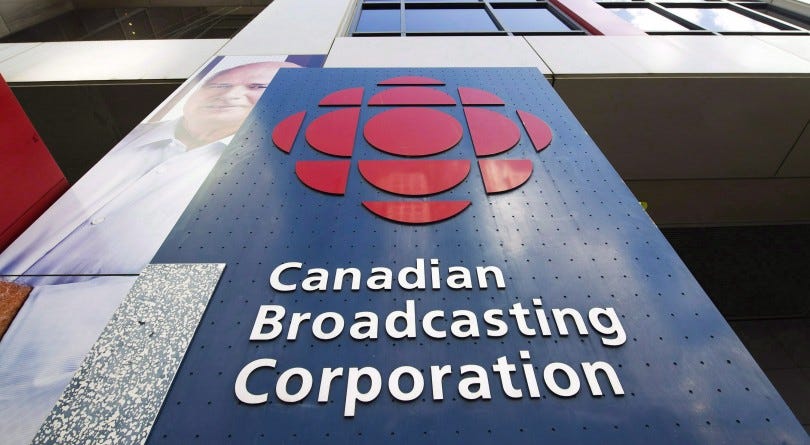A nation is a community that shares an identity. That identity may rest on a combination of factors such as common history, language, ethnicity, religion, or allegiance to shared political institutions. Nations are a mixture of two or more of these elements, but rarely only one.

Few countries have a single homogenous identity in which the state and one predominant national identity match closely. Sweden, Poland, and the United States are examples. Most countries house two or more. Some are binational, like Belgium; and some are multinational like Russia, China, and India.
Subscribed
The first scholar to think carefully about nations was Ernest Renan. In his enduring late nineteenth-century essay entitled “Qu’est-ce qu’une nation? (What is a nation?), Renan wrote:
The nation is a soul, a spiritual principle. Two things, which in truth are but one, constitute this soul or spiritual principle. One lies in the past, one in the present. One is the possession in common of a rich legacy of memories; the other is present-day consent, the desire to live together, and the will to perpetuate the value of the heritage that one has received in an undivided form.
A nation typically occupies a defined territory, but a nation is not a piece of land, even if in common speak people may call their countries nations. Nations are made up of people who share a bond, and that bond is, like the bond in every human relationship, a spiritual connection.
A nation is tied to a commonly exalted past. But in Canada today Ottawa rejects and decries the country’s past. Prime Minister Trudeau attacks and condemns Canada’s history, almost at every chance he gets. He favours removing established national symbols, the destruction of monuments of our history, the undermining of traditions, and speaks as if 2015 were Year Zero. In addition to a common past, Renan reminds us there must also be a common desire to be together, a desire that in Canada, from region to region, has become more elusive.
Canadians used to think of Canada as a country of two nations (bi-national) or of many nations (multinational state). But that changed in 2015. Soon after coming into office, Prime Minister Justin Trudeau declared to the New York Times that Canada is a post-national state.1
‘‘There is no core identity, no mainstream in Canada,’’ Trudeau claimed. ‘‘There are shared values — openness, respect, compassion, willingness to work hard, to be there for each other, to search for equality and justice […but no nation]. Those qualities are what make us the first postnational state.’’
The first thing to note in the list Trudeau provided is that there is nothing particularly Canadian about any of the attributes he mentioned. He could easily have been describing a Sri Lankan or a Paraguayan citizen, and that is his point. There is nothing essential about being Canadian. Second, by Renan’s understanding and Trudeau’s admission, there is no national community in Canada; there is no core national identity. The past no longer binds its inhabitants; the common Canadian sense of patriotism has vacated the land.
A post-national state therefore is a state that has gone beyond the concept of national identity. It is a state that places no value in reading people as members of a nation or nations, but who are only loosely related, if you believe Trudeau, to a post-modern idea of benevolent government. Instead, the claim goes, the focus is on a more “inclusive” and “global” perspective. Our common present is no longer tied by a common, proud historical experience. It now goes through a common government, Trudeau’s, from which we receive benefits or punishments according to the depth of our allegiance to it.
Self-declared post-national states dream of increased international cooperation, greater multiculturalism, and an imagined sense of global citizenship. National concerns are simply narrow national interests. Post-nationalists are as likely to spend their resources on other countries and in globalist organizations than in improving their own.
Proponents argue that post-national states are necessary in an interconnected world, where global challenges like “climate change,” terrorism, and economic interdependence require collective solutions that transcend national boundaries and traditional cultures. You might say that post-national states are a naive wish rather than a reality. A naive imposition is, of course, still an imposition.
But whether Canada is all these things Trudeau dreams of, whether Canada has no national identity, and whether the rest of this ideological hodgepodge is even possible, it doesn’t matter. What matters is that this is the vision that Justin Trudeau brought to Ottawa as a new prime minister.
There can be no “national” institutions if there is no nation. 0r, to put it differently, in the presence of over 600 nations, what nation does CBC serve?2 The first and most significant problem that a “national” institution in a post-national state is how to justify its existence. To be useful, it must pretend that there is a core national identity. National institutions in a post-national state are based on fiction.3
As the Canadian Broadcasting Corporation, the CBC is a publicly funded “national” broadcaster. Its website says that its mission is “to inform, enlighten, and entertain Canadians through a wide range of programming that reflects the country’s diversity and promotes Canadian culture.” CBC aims to provide news and information that is relevant to Canadians and “contributes to a strong sense of national identity.” It also strives to serve as a platform for various voices and perspectives, fostering a sense of unity and shared understanding among the Canadian population.
To continue reading, please visit our Substack here.


Share Your Thoughts